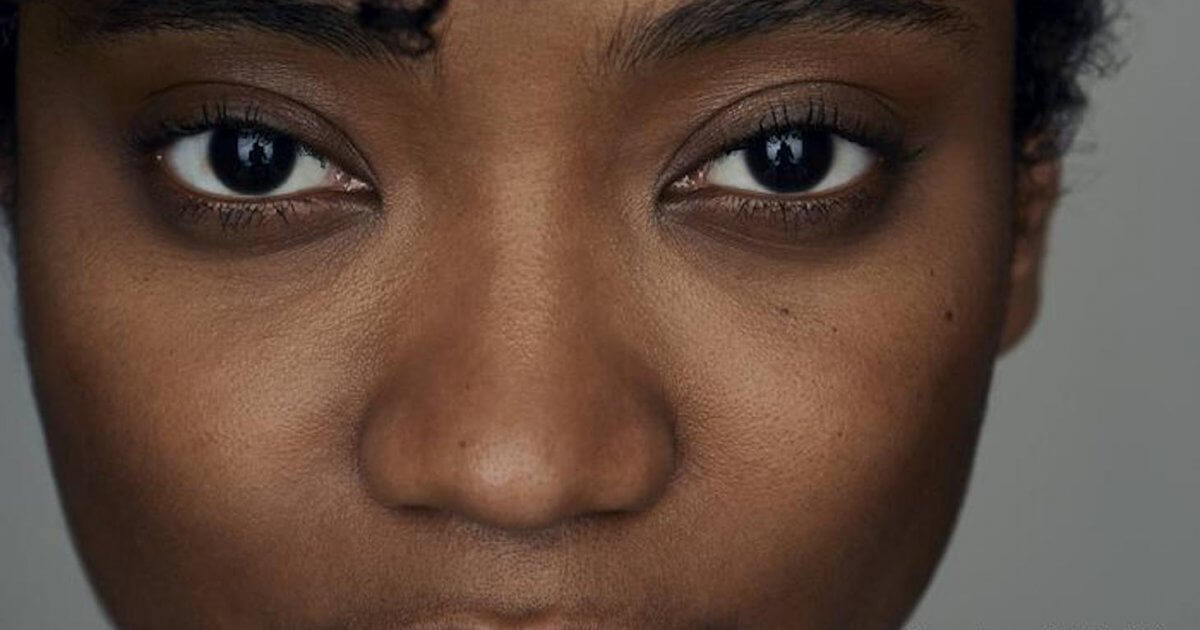Don't Skip Your Mammogram
- Breast cancers diagnosed via mammograms are often less likely to need a mastectomy and/or chemotherapy.
- Some cancers develop in between annual mammograms.
- Mammograms are generally affordable, fast, and safe even in the midst of a pandemic.
The bottom line is that breast cancers diagnosed via mammograms are less likely to need a mastectomy and chemotherapy. "That’s why it is so important to get one annually," Dr. Sarah P. Cate, assistant professor of surgery at the Icahn School of Medicine at Mount Sinai, tells SurvivorNet.
Read More1. "I don't have a family history"
Most patients who get diagnosed with breast cancer do not have a family history of breast cancer. "Only 5 to 10 percent of all breast cancers are due to a genetic mutation, like the BRCA gene," Dr. Cate notes. "Another 10 to 15 percent of all breast cancers follow a familial pattern. But 80 to 85 percent of all breast cancer patients have no family history of breast cancer." Let that sink in for a moment. That could be you. Go get checked!Sometimes the Hardest Thing About a Breast Cancer Diagnosis Is Telling Family
2. "I'm still pretty young"
Mammograms are recommended in all women starting, annually, at age 40 without a family history of breast cancer. But they might be recommended far earlier if there is a family history or known risk factors. "We often start mammography younger than age 40 if there is a family history of breast cancer, if you have a genetic mutation that places you at an elevated risk of breast cancer, or you carry other high-risk features," says Dr. Cate. "If you carry the BRCA gene, mammography starts at 30 years old."
3. "I just had one last year"
You should get a mammogram consistently each year as recommended because breast cancer can develop at any time. Some cancers that are more aggressive develop in between annual mammograms, according to Dr. Cate. "Often atypical cells develop in between annual mammograms,” she tells SurvivorNet. “The goal of having annual mammograms is to catch the abnormality at its earliest stage."
Related: Introduction to Prevention and Screening for Breast Cancer
4. "I’ll just wait until the pandemic is over"
In some areas of the country, such as the Northeast, COVID-19 case numbers are now low but we know there will likely be a second wave. So, whether your region is more of a hotspot right now or becomes one again, you should not delay getting your mammogram. "A mammogram takes five minutes and everyone is masked," says Dr. Cate. "The facilities are continually cleaned, and the patients and staff are screened for illness." Plus, remember the risk involved with not getting the mammogram in your calculus, too.
Dr. Comen Talks About Treatment for Early-Stage Triple Negative Breast Cancer
5. "Maybe it will be too expensive"
Mammograms are generally covered by insurance. Beyond that, "Check with your plan and your doctor if you have any financial concerns," Dr. Cate advises because there are options. "At Mount Sinai, we offer financial assistance for people who cannot pay for breast imaging."
RELATED: This Study Shows That All Breast Cancer Patients Should Get Genetic Testing
6. "I'm scared it will find something."
If you're scared of getting a mammogram, take heart: That’s natural and very common. In fact, "Most patients are scared about imaging," Dr. Cate says. "This is called 'scan-xiety.'" But remember that if your scan does discover something, that is actually a good thing you’ve gone in! "Finding a breast cancer at its earliest stage will likely result in less treatment needed and better survival."
How Genes Can Shape a Woman’s Cancer Care
Learn more about SurvivorNet's rigorous medical review process.


